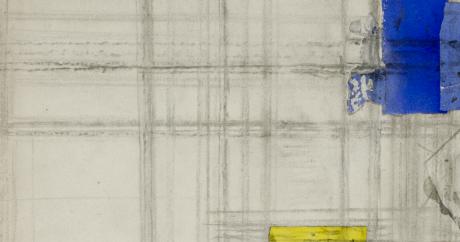From “Positive Deviants” to Post-dissident Liberals: A Study of the Transformation of the Concept of “Islands of Positive Deviation”
From “Positive Deviants” to Post-dissident Liberals: A Study of the Transformation of the Concept of “Islands of Positive Deviation”
Author(s): Jonáš JánskyContributor(s): László Vörös (Editor), Matej Ivančík (Editor)
Subject(s): History, Cultural history, History of ideas, Recent History (1900 till today), Post-War period (1950 - 1989), Transformation Period (1990 - 2010)
Published by: Historický ústav SAV
Keywords: 1989; Slovakia; post-dissident; liberalism; VPN; Public against Violence; civil society
Summary/Abstract: This article attempts to trace the transformation of the formerly sociological concept of “islands of positive deviation” into a component of liberal political language from early 1989 to the early 1990s. During this period, the concept evolved from expert discourse critiquing late socialist society, based on both reformist socialist and anti-modernist arguments, into one of the main concepts in the political language of Slovak post-dissident liberals. This transformation occurred through the redefinition of “islands” from bearers of positive moral characteristics and engines of societal change into more explicitly political challengers to the late communistregime and later to supporters of liberal policies. After identifying themselves as part of one of these islands of positive deviation, future Slovak liberals were able to articulate the language of post-dissidence despite lacking an explicitly dissident past. As argued, this shift is caused by the concept’s authors repositioning from critical sociologists into leaders of the Slovak democratic movement of 1989, and subsequently, founders of Slovak liberal politics in the post-1989 period. Apart from illustrating one aspect of the evolution of modern Slovak political thinking, this case provides a compelling example of the complicated interplay among local,regional, and global contexts in which post-revolutionary politics and their languages constituted themselves.
Journal: Forum Historiae. Časopis a portál pre históriu a príbuzné spoločenské vedy
- Issue Year: 17/2023
- Issue No: 2
- Page Range: 40-57
- Page Count: 17
- Language: English

